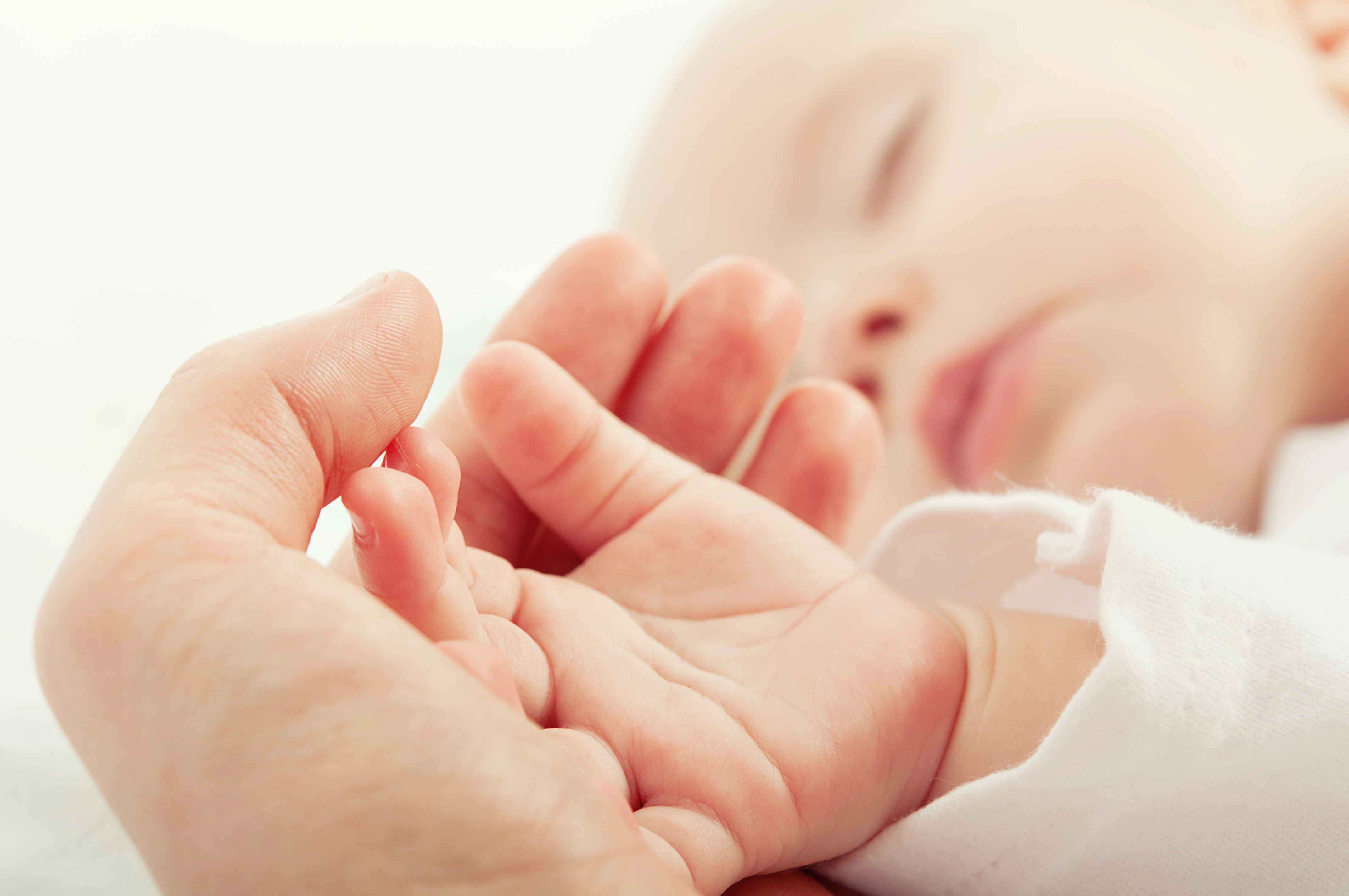A total of 61 girls under the age of 18 years old in the north gave birth last year – a rate of more than one per week – the Cyprus Turkish medical association (KTTB) said.
They added that over the same period, a total of seven boys under the age of 18 became fathers.
They wrote that becoming parents before the age of 18 is a “violation” of children’s rights to “grow up healthy, receive an education, and to live in a safe environment” – rights which are enshrined in the Istanbul convention and the United Nations convention on the rights of the child (CRC).
“Failure to prevent child abuse and early marriages threatens the safety of children,” they said, adding that “childhood parenthood violates children’s right to education and traps them in a lifelong cycle of poverty”.
“Individuals who become parents at a young age cannot complete their education. Childcare responsibilities disrupt their school and education, which constitutes a violation of their rights. This directly undermines the rights as enshrined in the CRC,” they added.
They said such young people cannot complete their education may be forced to work in low-income jobs, leading to lifelong economic hardship.
“Forcing children to become parents at an early age leads to both individual and social trauma, which is a clear violation of children’s rights,” they said.
To this end, they called on the north’s authorities to act in an “effective and comprehensive” manner, calling firstly on the Turkish Cypriot police to “investigate and resolve all complaints about such crimes seriously”.
“In the face of any complaint, the safety of child victims must be prioritised and cooperation with social workers must be ensured. The protection of children is not only a legal responsibility, but also a humanitarian obligation.”
They also called on the north’s social services to implement “preventative mechanisms”, including “information and education programmes” which “must be done with the aim of ensuring children’s right to be protected from harmful influences on their development”.
They added that a “social awareness must be created”, and that “children should learn their rights and have the knowledge to protect themselves”.
To this end, they said, the north’s ‘education ministry’ “must develop curricula in schools on topics such as body recognition and sex education”.
They also called on police, social workers, and health workers to be better informed and sensitised about children’s rights and abuse.
“It must not be forgotten that protecting children is one of the state’s most important responsibilities. Allowing child abuse and early marriages to continue is tantamount to turning a blind eye to this crime, which threatens the future of not only the victimised children but of society as a whole.”
The north still has no comprehensive sex education programme in its public schools, with the Republic having only implemented it for the first time in 2023.
MP Alexandra Attalides, who belongs to political party Volt, said an earlier introduction of sex education “would have saved many children from abuse”, and that studies carried out across Europe show that sex education “protects children from abusers”.






Click here to change your cookie preferences